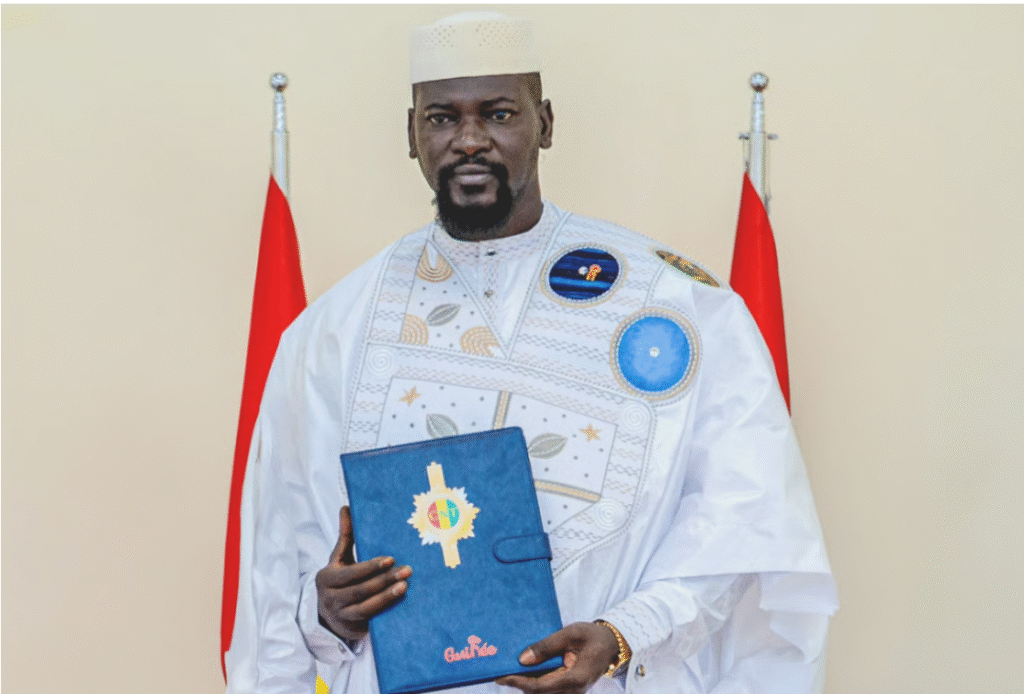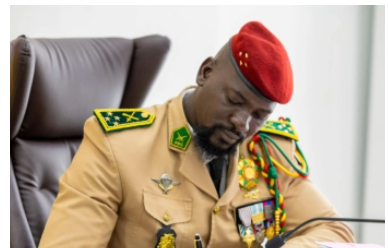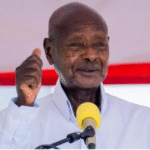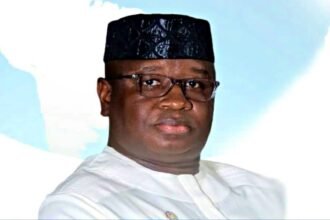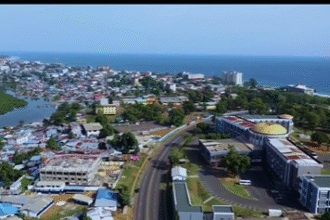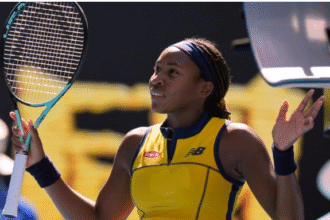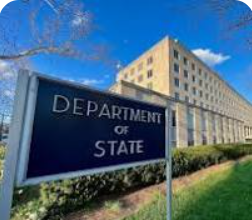By Lamin Guèye
CONAKRY, Guinea – General Mamadi Doumbouya, Guinea’s transitional president, is moving to solidify his rule and secure constitutional legitimacy through the adoption of a new constitution that proposes a significantly extended presidential term. The draft charter, set to be put to a referendum on September 21, 2025, includes a provision for a seven-year presidential term, renewable once.
This initiative places Guinea in a similar trajectory to its Sahelian neighbors, Burkina Faso and Mali, who have also seen military leaders consolidate power through constitutional means. However, the circumstances in Guinea are described as “quite different and complex,” compelling Doumbouya to walk a particularly fine line.
The proposed constitution, recently presented to General Doumbouya, outlines a presidential mandate of “seven years, renewable only once,” to be elected by direct universal suffrage through a two-round majority vote. This is a notable extension from the previous five-year term.
Beyond the presidential term, the draft also seeks to elevate national languages to official status alongside French and mandates a minimum 30% quota for women in decision-making and elected positions, aimed at fostering “gender inclusion and equity in Guinea’s political and social life.”
While Burkina Faso’s Captain Ibrahim Traoré reportedly secured a five-year mandate with unanimous popular backing, and Mali’s Colonel Assimi Goïta engineered parliamentary support for a similar term, the path for General Doumbouya is less straightforward. His government has officially announced the referendum for late September, specifically September 21, 2025.
A significant, and potentially complicating, factor in Guinea’s political landscape is the reported support from France for General Doumbouya. This support is underscored by the revelation that Doumbouya’s wife is French and a member of the French gendarmerie. Analysts suggest that such external backing could further complicate the country’s political and democratic reform process, raising questions about sovereignty and genuine popular will.
As Guinea prepares for the crucial referendum, the proposed constitutional changes represent a pivotal moment for the nation’s democratic future. Observers will be closely watching whether Doumbouya’s strategic maneuver secures the broad legitimacy he seeks, or if the complex interplay of internal dynamics and external influences leads to further political uncertainty.
